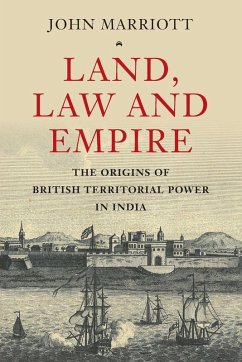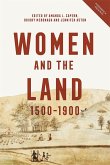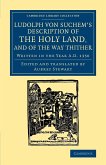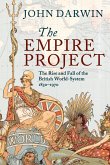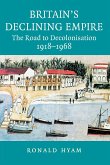How did the East India Company become a fully-fledged colonial power in India? This innovative exploration of early British rule reveals determined territorial acquisition in the face of opposition from Mughal authorities and rival European powers which, though haphazard, laid the foundations for the huge annexations of land which followed.
Bitte wählen Sie Ihr Anliegen aus.
Rechnungen
Retourenschein anfordern
Bestellstatus
Storno

